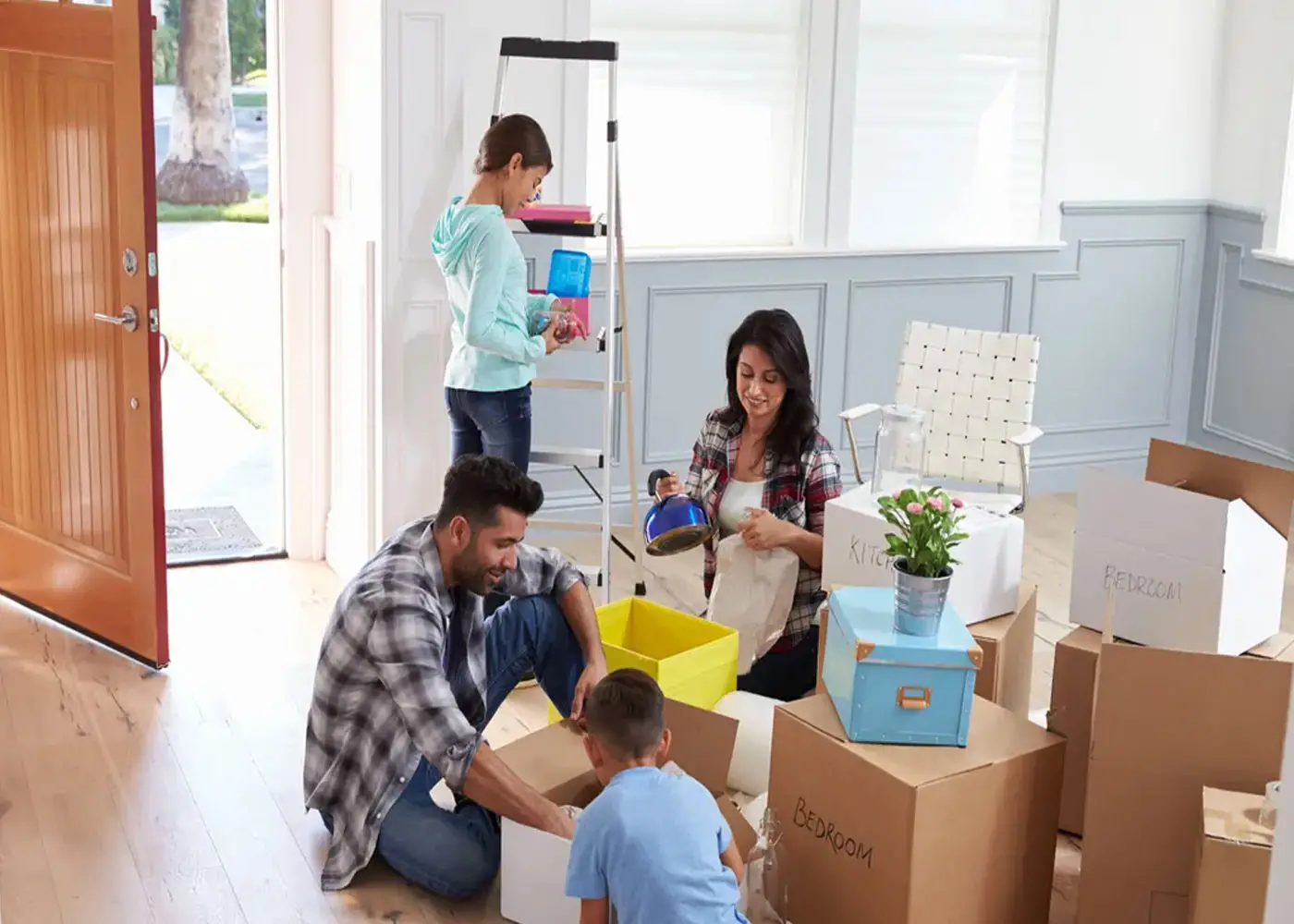Congratulations, you’ve made it through house hunting, the mortgage process and closing on your new home. Now comes the real work -- settling into your first house.
Before you start unpacking, take the time to clean every nook and cranny in your new place. This includes everything from wiping down shelves to vacuuming the back of closets.
1. Schedule a Home Inspection
If you’re buying a new home, the first thing you need to do is schedule a home inspection. This is an important part of the process and can clue you in to any problems that need fixing.
You’ll want to be present during the inspection, too, so you can ask questions and learn more about your new home. For example, you’ll find out where the electrical panel is located and where the gas and water shut-offs are. You’ll also get an idea of how things like the water heater and HVAC system work. If you are unsure what services are covered under a home warranty, sites like https://www.cinchhomeservices.com/faq-library/-/faq/dallas-appliance-repair-guide can be a great resource for resourceful information.
You can prepare for your home inspection by replacing any light bulbs and testing smoke and carbon monoxide detectors. You should also trim any trees or shrubbery around the house. This can help prevent damage during the inspection and improve the curb appeal of your new home.
2. Get Your Utilities Set Up
It’s important to have your utilities set up before you move in. This will ensure that you have electricity, gas, water, garbage service, and Internet service in your new home.
Start researching your options for utility providers a month or so before you plan to move. Contact each company to find out their rates, available plans, and what is required to start service.
Inform them of your move-in date so they can have your account ready by the day you move in. It’s also helpful to ask if they have any preferred providers based on your neighborhood or home type. This will help you eliminate some of the work and hassle. Plus, it may save you money. Especially with electricity, it’s important to get your provider set up early.
3. Plan an Escape Route
An escape plan is essential to your family’s safety. In just 30 seconds, a fire can get out of control, filling the house with thick smoke and flames.
Draw a floor plan of your home and mark two ways out of every room, including windows. Make sure windows can be opened easily and consider adding a collapsible ladder to rooms on upper levels (only purchase ladders evaluated by a nationally recognized testing laboratory).
Choose a meeting place outside your home where everyone will go if there’s a fire or other emergency. Be sure it’s a safe distance away and that your house numbers are visible from the street so first responders can find you. Practice your family escape plan and have fire drills at least twice a year to help it become automatic.
4. Clean the House
When it comes to cleaning your new house, there are a few things you’ll want to do. These include wiping down surfaces, vacuuming carpets and steam cleaning the toilets. Ideally, you should clean the house before moving in your boxes and furniture.
This will eliminate any germs or grime that the previous owners may have left behind. It’s also important to make sure you get all the hard-to-reach spots, like ceiling fans.
Another thing to do when you’re cleaning the house is disinfecting light switches. This is a simple task that can be done in less than a minute and will help prevent the spread of germs throughout your home. You can use clorox wipes or other disinfecting cleaners. Just be careful not to damage the light bulbs.
5. Get Your Keys
You've gone through househunting, negotiation, and closing on your home. But that's only the start of your journey as a homeowner.
Make sure to change the locks as soon as you get the keys, so that only you can have access. Also, consider child and pet proofing the property as well.
If you're moving heavy or delicate items, like a piano, it's a good idea to hire professional piano movers to ensure that your instrument is transported safely and without damage.
While you're at it, take a walkthrough of the property while it's empty and bring your tape measure so that you can better plan where furniture will go. This will save you time when moving day rolls around. You'll be able to give the professional house removalists your diagram of the measurements and they can have everything ready for you on the day you move in. This will help your house move smoothly and efficiently.

All Comment 2
Login to post a comment
No comments yet
Be the first to drop a comment